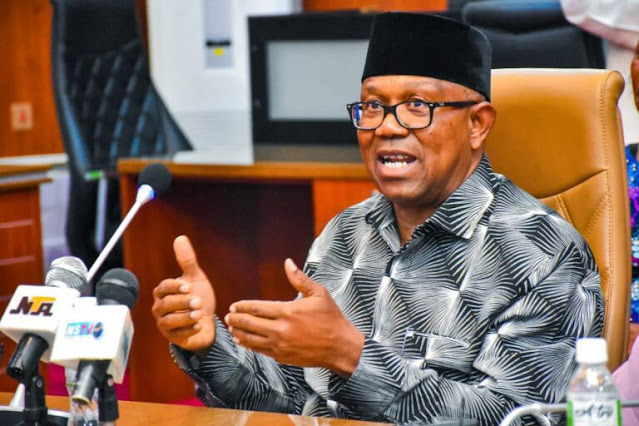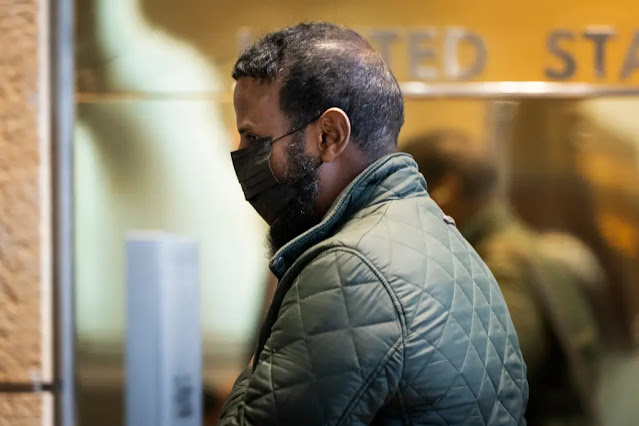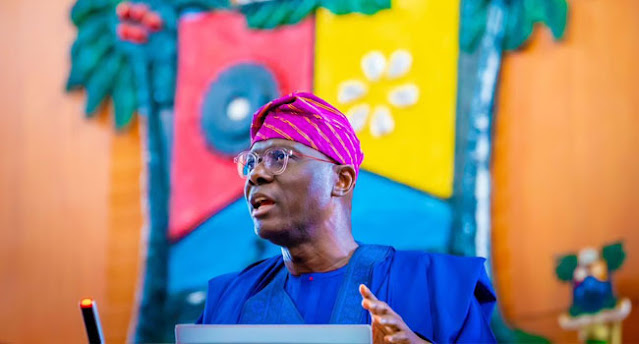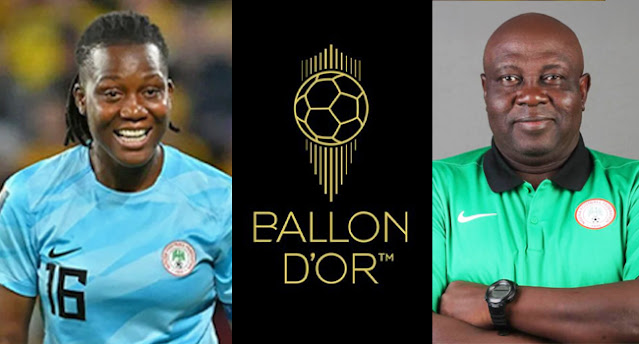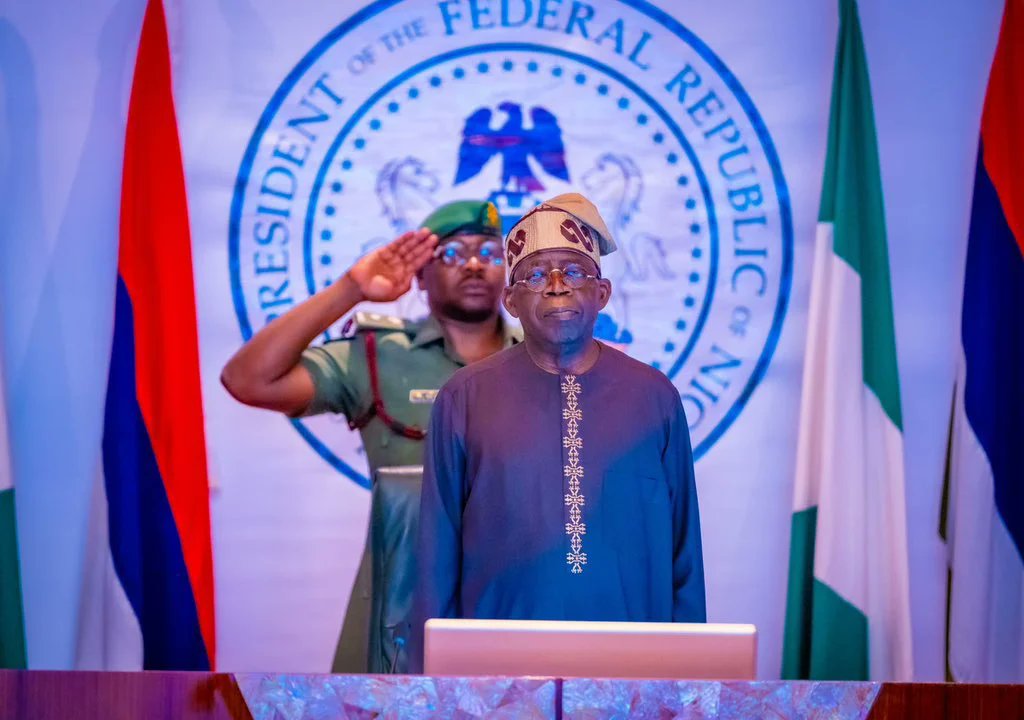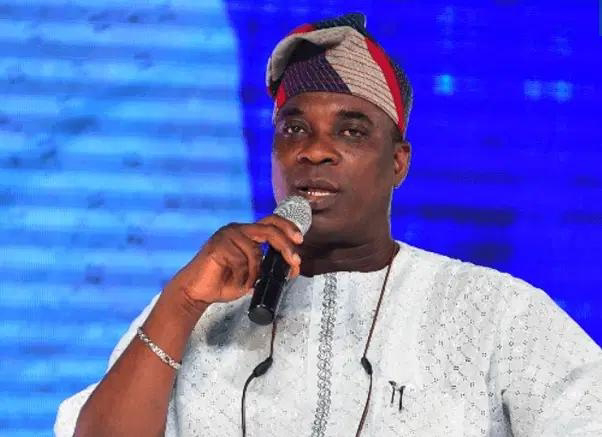Labour Party’s presidential candidate in the 2023 general elections, Mr Peter Obi, has called on Nigerians to work towards building political parties that are stronger than government institutions and rooted in democratic values.
Speaking at the public presentation of two books — The Bubbles of Nigeria’s Democracy: The Musings of a Nigerian Journalist and Wadata Wonders: Memoirs of a Partisan Journalist — authored by veteran journalist Ike Abonyi, Obi emphasized the importance of institutionalising political parties that can outlive individual ambitions.
“We are working hard to build a new Nigeria where political parties are organised, enduring, law-abiding and bigger than any government,” Obi said. “Today, those privileged to be in government have contributed to the decay of political parties. This must change.”
He urged Nigerian journalists with deep insights into the country’s political terrain to write more to educate the public and support the evolution of a better political system.
Also speaking at the event, former National Chairman of the Peoples Democratic Party (PDP), Prince Uche Secondus, echoed Obi’s sentiments, lamenting the instability and inconsistency within Nigeria’s political structure.
“We need to build political parties the way they are built in established democracies — with loyalty, structure, and longevity,” Secondus said. “It’s unfortunate that today, individuals hop between multiple parties as if it’s normal. It isn’t. The country is broken and democracy is faltering.”
He further argued that the enormous challenges Nigeria faces cannot be resolved by individuals alone, stressing the need for collective action to establish stable political institutions.
Secondus commended Abonyi for his contribution to political discourse through his books, noting that they reflect a wealth of personal and professional experience. He, however, said he disagreed with some perspectives in the books but acknowledged the author’s right to express his views.
In his review of Wadata Wonders, former Managing Director of The Guardian, Mr Martins Oloja, challenged journalists to continue promoting alternative views in the democratic process. He described dissent and diversity of opinion as essential for a just and inclusive society.
“Alternative views provide a necessary check on power and promote critical thinking. Journalists must embrace this responsibility,” Oloja said.
In his remarks, Abonyi recounted his reluctant transition from journalism to partisan politics, describing it as “accidental.” He said he joined the PDP at the insistence of Dr Okwesilieze Nwodo, who had envisioned a reform-driven leadership within the party.
Abonyi revealed that Nwodo’s proposal to introduce digital registration for PDP members was sabotaged by state governors who feared it would weaken their influence. He said the failure of that reform was the beginning of PDP’s decline.
“Real wonders of the Wadata House didn’t even make it into the book because they can’t be published,” Abonyi added wryly


